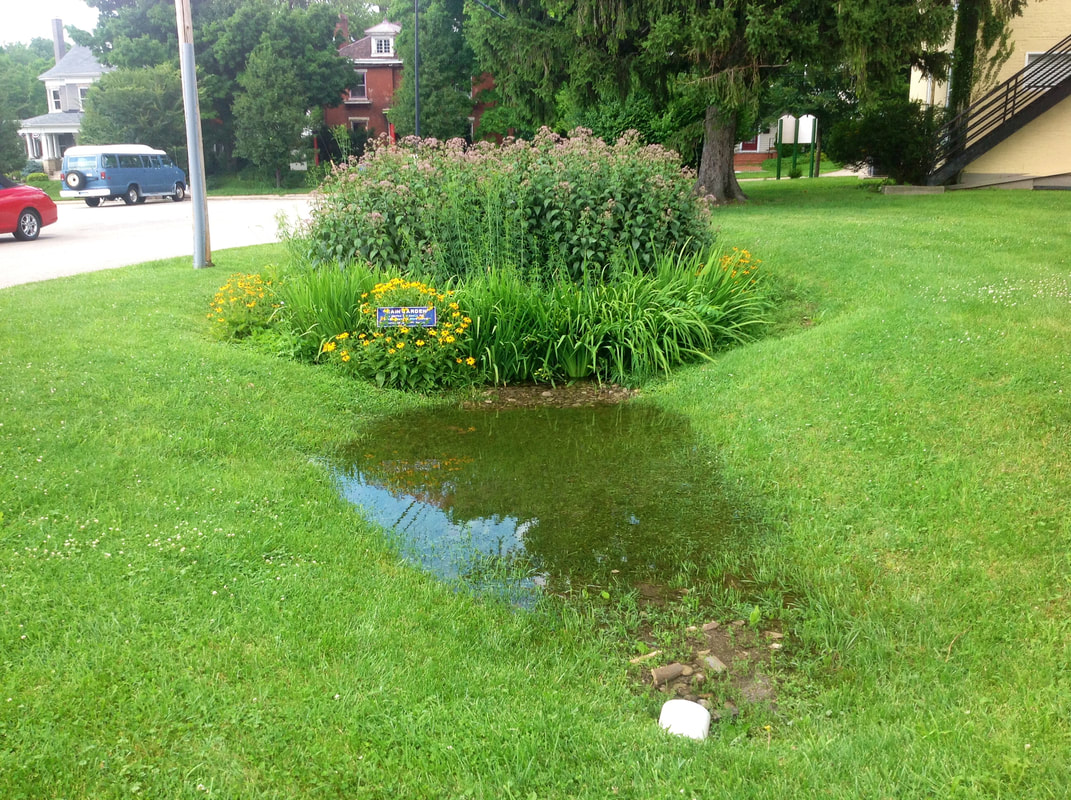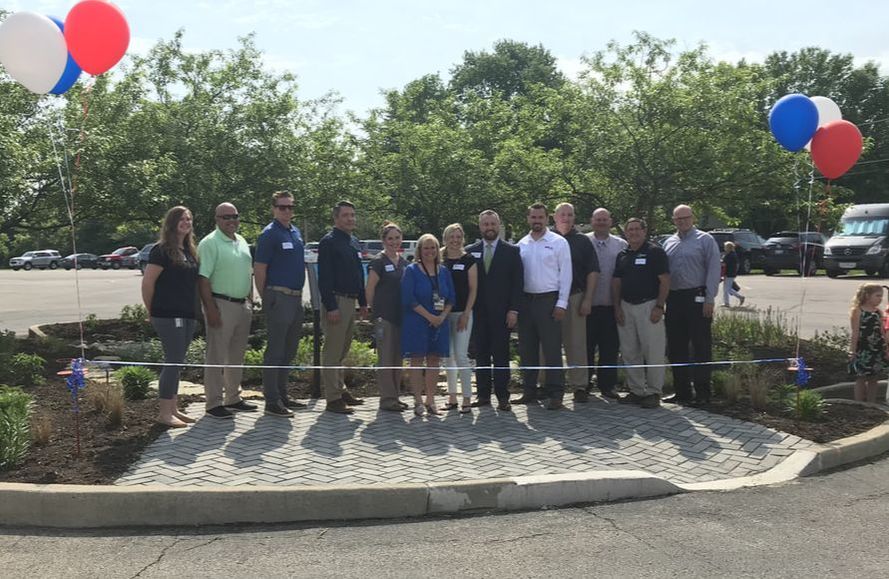|
What does it mean to make your home green for stormwater? Green stormwater practices around your home use plants, soils, and other elements to manage water quality and mimic the natural water cycle. Green stormwater practices retain, detain, filter, harvest, and infiltrate stormwater runoff to create healthier urban environments.
Incorporating green infrastructure provides many benefits such as improving water quality by removing pollutants, habitat preservation for native plants and animals, decreasing urbanization stream impacts, and overall enhancement of neighborhood aesthetics. The following is a list of management practices that landowners can incorporate on their own property to help control and keep stormwater clean. (Sources: Penn State Extension, United States Environmental Protection Agency)
For more information regarding green infrastructure for the home, Warren County Soil and Water Conservation District programs and/or technical assistance on water or soil questions, visit http://warrenswcd.com or call, 513-695-1337.
1 Comment
In the last few years we have experienced record rainfall events. While rainfall (otherwise known as stormwater) is a natural occurrence, unfortunately our environment is not always in a “natural” state. In other words, we have developed areas such as roads, sidewalks, roof tops, parking lots and other impervious surfaces where stormwater does not have a chance to soak down into our soil. This stormwater becomes runoff and picks up pollutants from our lawns and streets (examples - vehicle emissions, oil residue, grass clippings, pesticides, leaves, and pet waste) and enters our lakes and streams by way of storm drains thus causing water pollution and impairments within our local bodies of water. Stormwater runoff is the number one threat to our water quality according to the U.S. Environmental Protection Agency. How can we help? Below are some simple management ideas that could be implemented within the landscape to help store and clean some of this stormwater thus lessening the amount of water entering our stormwater sewer systems. 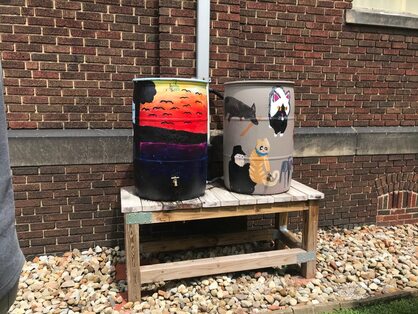 Utilizing Rain Barrels Rain barrels connect to downspouts to collect rain water. The collected water can then be used to water gardens, and be used as grey water for washing outdoor items. Water collected from rain barrels is not for human consumption, however. Some of the other benefits of rain barrels include:
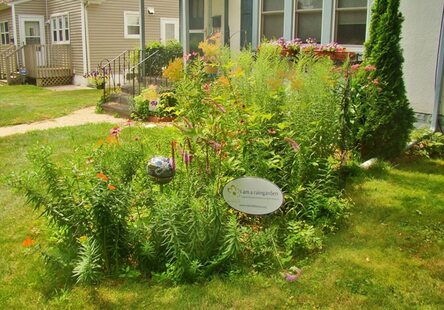 Creating a Rain Garden Rain gardens are a unique feature that can be added to the landscape and is disguised as a flower garden. They have many benefits that include: providing wildlife habitat, providing nectar and pollen sources for pollinators, transforming rainfall runoff into a resource rather than a nuisance, and improving storm water quality as it is infiltrated and redistributed through soils. Rain gardens are purposefully located to maximize the amount of stormwater runoff that flows into the garden rather than off the property. It is important to note that it is not just a garden bed. Garden size, depth, slope, soil amendments and drainage all need to be considered before putting a shovel into the ground. Plants that thrive in your landscape and in southwest Ohio should be considered. Native plants are good choices because they tend to offer more benefits to pollinators and have better survivability in native soils. To help prepare your rain garden’s site, check out the following resources:
Before putting any of these water management strategies into place, please check local ordinances to make sure you understand what is allowable. For more questions regarding rain barrels and rain gardens, contact us! 513-695-1337. This morning we celebrated the success of the J.F. Burns Elementary School Rain Garden Project with a ribbon cutting ceremony! Representatives from all project partners, along with students and teachers gathered around the rain garden to celebrate this special project. The program included an award presentation, ribbon cutting, and a performance by the elementary school choir. What is a rain garden? A rain garden is a planted area that collects rainwater runoff from impervious surfaces, like the parking lot, and allows the water to absorb back into the ground. The plants act as a sponge to soak up the water and work to remove the pollutants from the parking lot runoff. Rain gardens also provide habitat for wildlife, including our very important pollinators. Butterflies and bees will visit here often to collect nectar from the flowers. How does a rain garden work? When it rains, storm drains along roads and parking lots carry rainwater to our streams and rivers. By redirecting water into a rain garden on the campus of J.F. Burns Elementary, we are preventing pollution from flowing downstream to Landen Lake. Rain gardens also provide habitat for wildlife, including our very important pollinators. We are very fortunate to work with local partners to complete projects like the J.F. Burns Elementary School Rain Garden within our county. Projects like this one have a variety of benefits including beautification, education and water quality improvements for the school and the local watershed. Partners on this project include Deerfield Regional Storm Water District, Deerfield Township Kings Local Schools, MSP Design, United Way, Evans Landscaping and Reading Rock. Spring is just around the corner and here in Warren County we have already been seeing the signs - rain, rain and rain! Sometimes rain can collect on a property in less than desirable locations making mowing, growing and recreation difficult. There are lots of ways to solve drainage problems, but one that will add some aesthetic value as well is a RAIN GARDEN! A rain garden is a shallow, constructed depression to catch rainwater. It contains plants that tolerate standing water for several hours. If it is designed properly, all water from a rain event will soak into the ground within 48-72 hours. Rain gardens receive a rush of polluted stormwater from hard surfaces (such as sidewalks, driveways, roofs, and streets), hold the water for a short period of time, and allow it to naturally soak into the ground. The plants and soil remove most pollutants so that the rainwater can recharge the groundwater with clean healthy water. Warren SWCD Office Rain Garden in Action! Learn more about rain gardens and rain garden design by visiting our Rain Garden Webpage! Call our office today if you would like technical assistance on your rain garden project!
|
Details
Warren County SWCD Staff BlogA blog to keep you informed on all the latest news at Warren County SWCD and in the conservation world. Archives
May 2024
Categories
All
|
|
|
Contact:PHONE: (513) 695 - 1337
EMAIL: [email protected] HOURS: Monday - Friday 7:30am - 4:00pm (except holidays) Connect:Warren County Soil & Water Conservation District Copyright © 2016
Warren SWCD Privacy Notice. Emails are serviced by Constant Contact. Constant Contact's Privacy Notice. |
